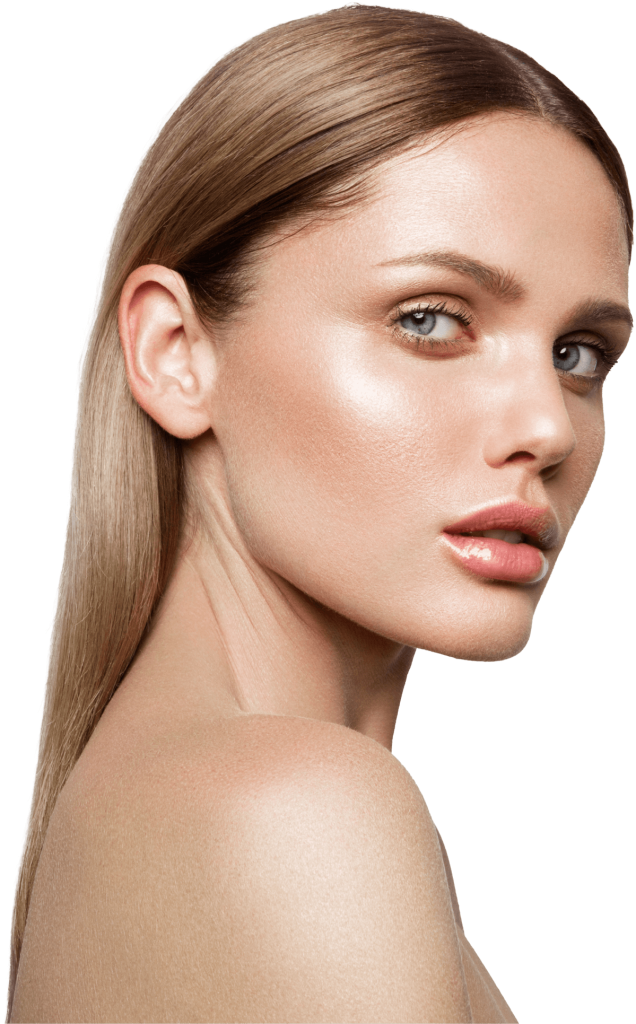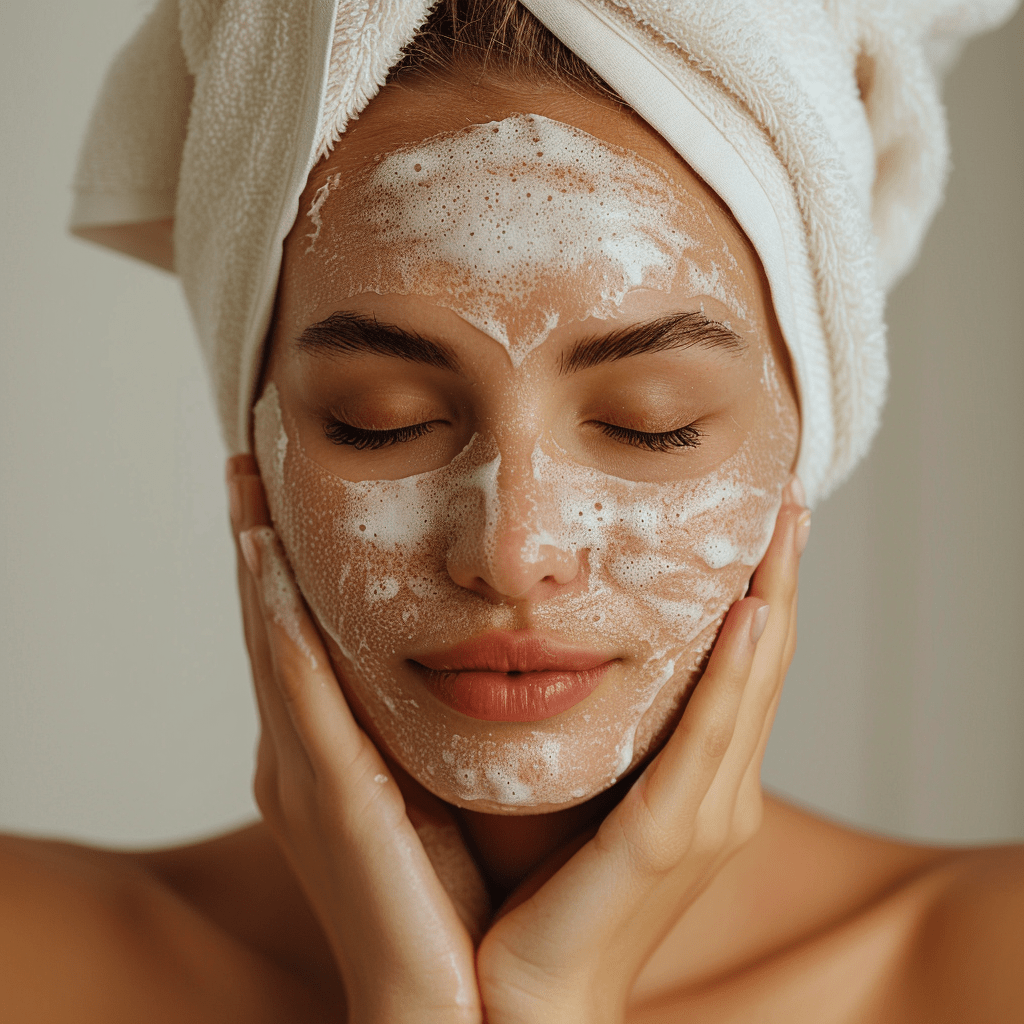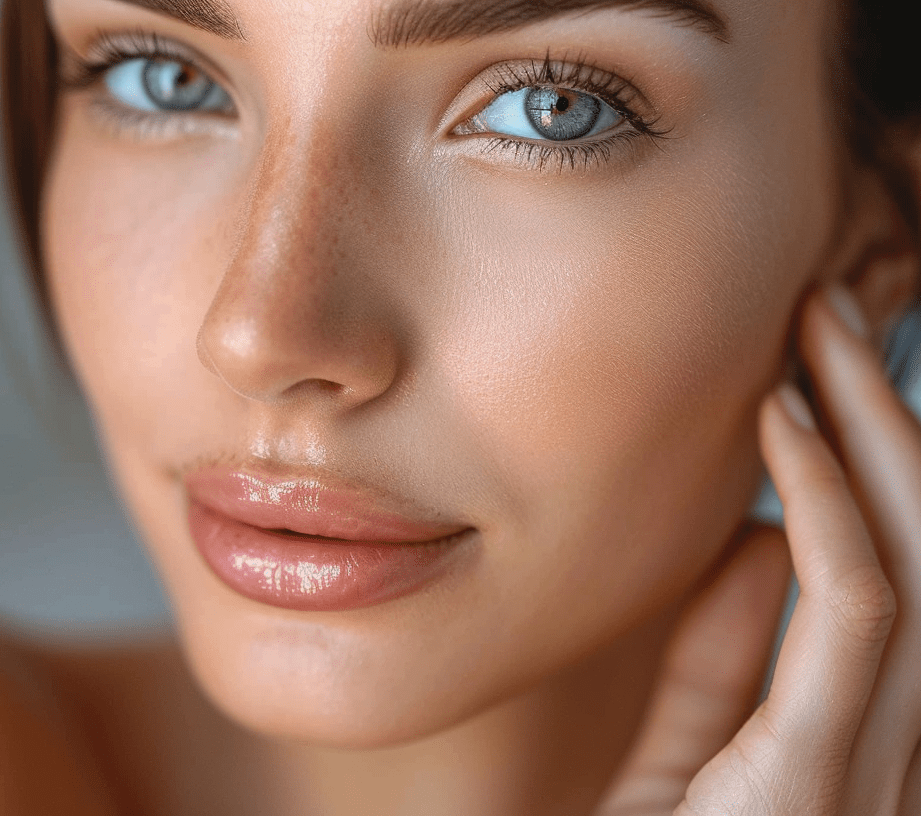Facial peeling is an effective skincare treatment designed to refine skin texture and reduce imperfections. By eliminating the outermost layer of dead skin cells, chemical peels promote radiant skin and an even complexion. This effective treatment addresses multiple skin concerns, including age spots, dark spots, rough skin texture, and fine lines.
Depending on your skin type, you can choose from a superficial peel, medium peel, or deep peel to target specific issues. Whether dealing with uneven skin tone, sensitive skin, or signs of aging, a facial peel can rejuvenate your appearance by stimulating collagen production and improving overall beauty.
Experience the benefits of chemical peel treatments at Clinique Face MD. Our skilled professionals provide personalized care tailored to different skin types, ensuring optimal results with chemical solutions like glycolic acid, salicylic acid, lactic acid, and trichloroacetic acid. Whether you’re considering a superficial chemical peel or a medium-depth chemical peel, we offer the right peel type to help you achieve smoother skin texture and long-lasting results.

A chemical peel is a facial treatment that uses chemical solutions like glycolic acid, salicylic acid, lactic acid, and trichloroacetic acid (TCA) to exfoliate the outer layers of skin, removing dead skin cells and stimulating collagen production for a smoother, more radiant complexion. This effective treatment targets skin concerns such as uneven skin tone, dark spots, fine lines, acne scars, and rough skin texture. Available in superficial, medium-depth, and deep peels, it is customized based on skin type and concerns to enhance skin texture and overall beauty.

Chemical solution peels provide a highly effective treatment for enhancing skin and addressing various skin concerns, including:
A chemical peel is a highly effective treatment for various skin types, but determining the right type of chemical peel is essential. Ideal candidates include:

The cost of a chemical peel in Montreal can vary depending on the peel type and strength, as well as the clinic and the expertise of the practitioner. On average, prices can range from $150 to $600 per session. It’s important to consult with your chosen clinic to get an accurate estimate based on your specific treatment plan.
While chemical peels are a highly effective treatment for improving skin texture and complexion, some temporary side effects may occur. These include:
The results of a chemical peel vary depending on the type of peel and skin concerns being treated. A superficial peel targets the outer layer of skin, providing a radiant complexion for a few weeks. Medium-depth chemical peels penetrate the superficial layers, improving skin texture and reducing dark spots for several months. A deep peel, using trichloroacetic acid, delivers long-lasting effects, addressing age spots, rough skin texture, and deep wrinkles. Regular facial peel treatments and proper aftercare help maintain smoother, healthier skin. If you’re looking for a chemical peel in Montreal, our customized chemical solutions provide an effective treatment tailored to different skin types.
Yes! A chemical peel is an effective treatment that enhances skin texture, beauty, and complexion by removing dead skin cells and stimulating collagen production. Chemical peels treat dark spots, age spots, uneven skin tone, and rough skin texture, making them ideal for various skin types, including darker skin tones and sensitive skin. With superficial chemical peels, medium peels, and deep peels, there is a peel type suitable for every need. Ingredients like glycolic acid, lactic acid, salicylic acid, and trichloroacetic acid help exfoliate the outer layer, revealing smoother skin texture and a refreshed appearance. If you’re searching for a “chemical peel near me” in Montreal, our expert facial treatments offer tailored chemical peel treatments for vibrant, youthful skin.